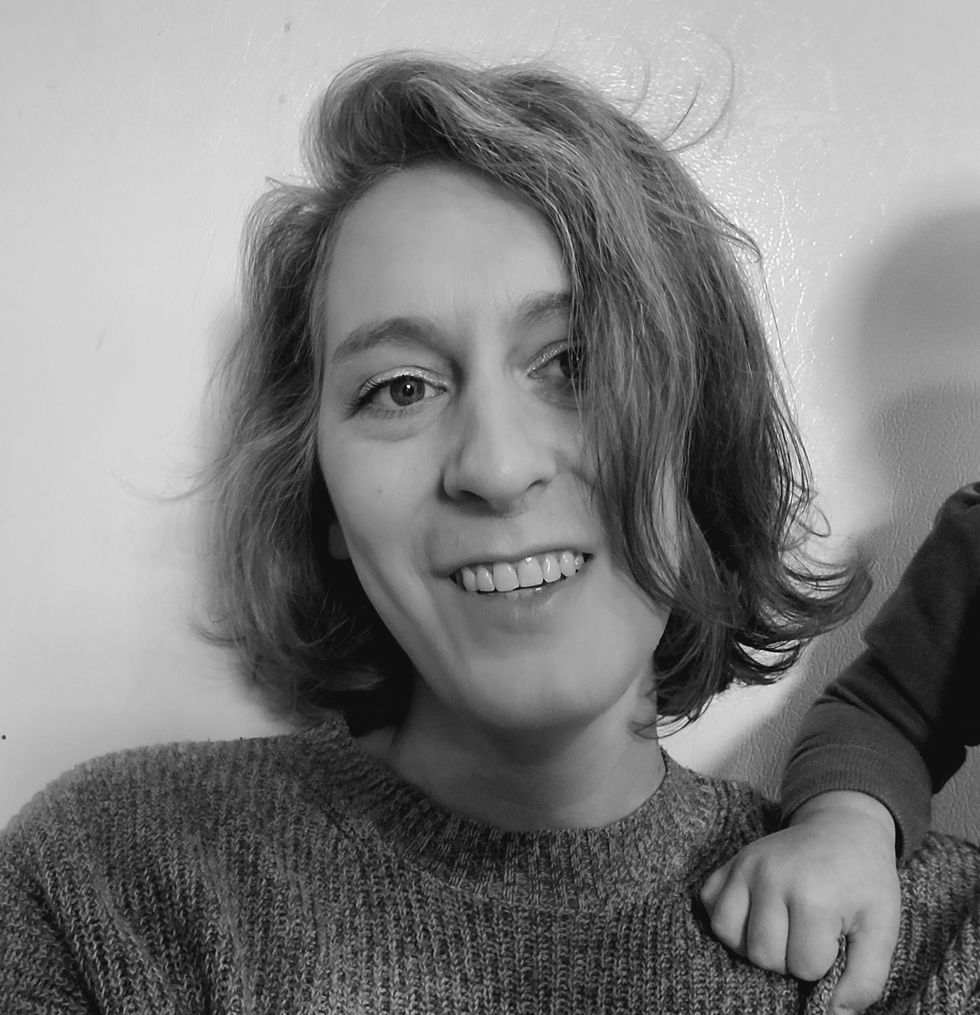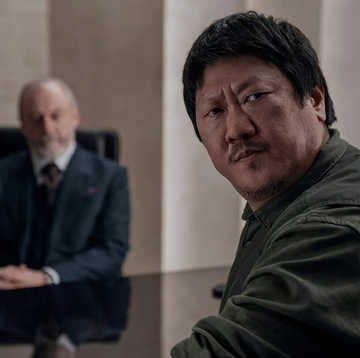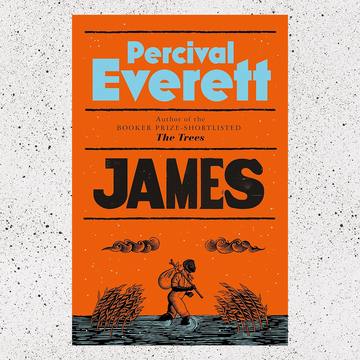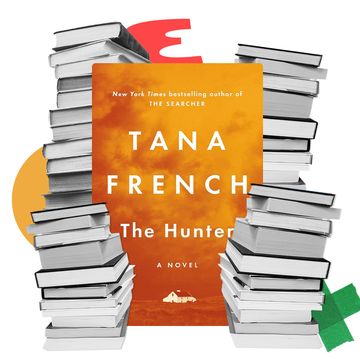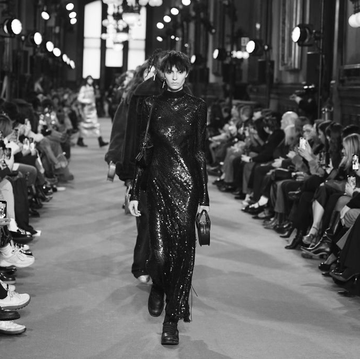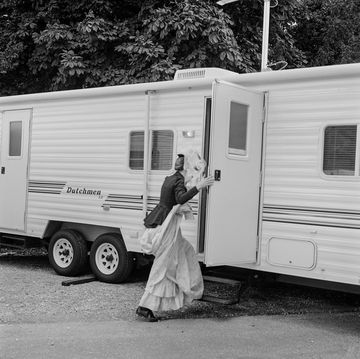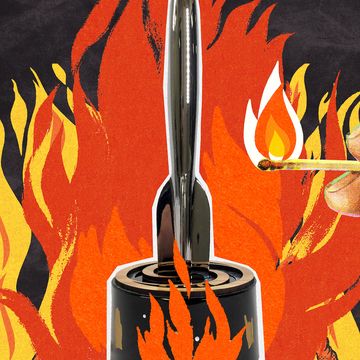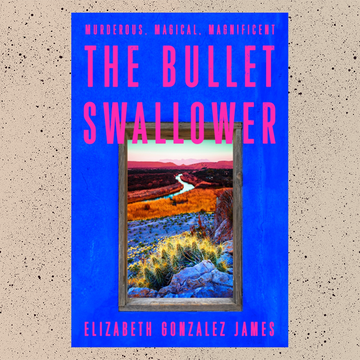Nine years ago, Imogen Binnie published Nevada, a novel whose punk-rock protagonist, Maria Griffiths, sent shockwaves around the then budding renaissance of transgender literature. Sardonically unconcerned with appealing to a wider cisgender audience, Nevada was a particular contrast to the buttoned-down memoirs of trans writers then yore.
Set in 2008, the novel is a funny, profane, and melancholy portrayal of trans-ness. Maria is a 29-year-old trans woman who chronically forgets her estrogen shots, gets fired from her job in New York City, and blows her savings on heroin, all before stealing her ex-girlfriend’s car and aimlessly driving out west. In tiny-town, Nevada, Maria meets James Hanson, a stoner and likely closeted trans woman who isn’t even old enough to drink. Maria resolves to help James, and the result is one of the most controversial, explosive endings in LGBTQ literature.
Binnie went on to write for TV shows like Cruel Summer, while Nevada’s publisher folded. This June, however, Nevada will be receiving a splashy reprint from FSG Originals. Here, Binnie speaks with BAZAAR.com over Zoom about writing for one’s own community, how it’s hard to transition if you’re not ready, and the novel that would remind her of Chuck Palahniuk if Chuck Palahniuk wasn’t obnoxious.
Nevada is getting reprinted with FSG. How does that feel?
The wild thing is the scale, right? Nevada first came out with Topside Press, which had published two other books. It felt like we were doing it within our community. Over the years, it got a broader audience, but I didn’t write Nevada in a way I could comprehend its impact outside of queer and trans people in my community. I didn’t expect it to be read on a huge scale. I was reading writers on smaller presses, queer writers publishing with Manic D or Soft Skull, not thinking about trying to be Jonathan Franzen or something.
Nevada feels very much of its time. It doesn’t feel like a book that would come out in 2022, and it’s led to conversations. A lot of people have been interested in what it was like being trans in 2008, when the book is set. Or even before then. I’m surprised readers with no investment in trans stuff are having such a positive experience with it.
It’s strange when suddenly straight people are reading your stuff, right?
Yeah. I feel very fortunate that Nevada is as honest as it is.
Do you feel any differently about James or Maria now than when you first started writing this?
I don’t think so. As time goes on, it becomes clearer to me how much Maria doesn’t know.
But that’s not a surprise. Maria thinks she knows everything, but doesn’t. It’s a story of her flaws that you don’t see because the third-person is so close.
It’s interesting, people read the book and are like, “Man, I love Maria, I want to be with her as she’s riding her bike!” I would love to be with Maria, too, but she’s a mess! She’s taking pills and riding her bike, and then almost getting hit by a bus, and then being fucked up on drugs at work. But it’s not just that stuff—Maria is charming and intelligent, but she doesn’t know how to connect with other people. She’s great at connecting with herself. When she reaches out to James to connect with him, she doesn’t know how and winds up doing a pretty bad job of it.
James’s story is directly addressed to that thing of, “I should have transitioned sooner.” But if someone had shown up in your life when you were 19, if a trans fairy godmother had shown up at your work and said, “You’re trans, and I want to help you transition,” if you weren’t ready for it, you wouldn’t have done it. So have some compassion for yourself.
Without giving anything away, the ending to Nevada is a key point of the entire book. How did you come up with it?
The way I thought of Nevada was that James is the protagonist. The reason it’s called Nevada is that the second half of it, set in Nevada, is actually the story. And the first half with Maria is just context for that second half.
For me, the ending of Nevada is Maria saying, “James, I need you to make a choice,” and James makes that choice, and then the book ends.
I’m guessing you didn’t change anything about the text for the reprint.
There is one sentence that I changed, a line about Maria’s boobs being “not pretend,” and I changed it to them being “real.” Because “not pretend” felt judgmental in a way that never sat right with me. That was the only substantive change in language.
The field of trans literature looks a lot different than when this book came out. What’s different to you, what’s changed to you, what’s stayed the same?
I started working in bookstores in 2002, and I left the last bookstore in 2012. I was a used book buyer for the majority of that. I was on the lookout for books about trans women, right? And there just were not very many. And they so rarely resonated with me.
And now, there are so many, which is rad! But I don’t have anything intelligent to say about them. I read Detransition, Baby and I was like, “Yeah, Torrey [Peters] is fucking great at writing!” There’s a book called Lote [by Shola von Reinhold], and just looking at the description, it looks so cool. I’m so stoked to get ahold of it.
Oh, I read Darryl [by Jackie Ess]! Darryl was so good. It felt like if Dennis Cooper was Chuck Palahniuk but if Chuck Palahniuk was not obnoxious.
In the afterword, you write about the particular trans art scene that you were part of when this book came out.
I would love to read an oral history of Topside Press, which would probably open with PrettyQueer. [Note: PrettyQueer.com was a queer writing site that mostly published trans writers, run by Topside’s founders.] It felt like a pretty clear predecessor to Topside Press. PrettyQueerwas a fucking revelation.
Julie [Blair] was like, “We’re starting this thing, and we’re going to pay writers. We’re not going to have trans writers give us free content to publish.”
Red [Durkin] used to say people talk about trans writing like you talk about a dog: “It thinks it’s people.” Like, “Aw, you published this on your Tumblr, you think you’re people, you think you’re writing.”
And from the start, PrettyQueertook trans writing seriously. So when they pivoted to publishing fiction, it was kind of like, “Okay, y’all are still doing this!” There was a book fair in Brooklyn where they had a big sign on their table that said, “TRANS LITERATURE IS REAL.” Which is so funny, and also was a thing that needed to be asserted at that time.
You did an interview in 2013 where you said, “If I’d been thinking, ‘Man, wait ’til the community sees this, this is really gonna shake shit up,’ I never would’ve been able to finish [Nevada]. I would’ve sat in my basement garage bedroom in Oakland where I did most of the work on this book, listening to Converge albums and fantasising about being smarter than I am and getting rewarded for it. [Thinking about an audience] just makes me feel self-conscious and like somebody else could probably do a better job so maybe I should just be quiet and wait.” Do you still feel that way?
To some extent, for sure. There is so much trans writing now, it’s kind of irrelevant at this point. Because it wouldn’t be just me being like, “I’m writing a book about trans people and I never see those around anymore, therefore mine has to stand alone on its own.”
But I agree with that quote and—I mean, okay, also I kind of disagree with it! Because to some extent, writing Nevada and publishing it was a fucking statement, right? It was saying, “No, here’s a real story about someone who has flaws.” Like, that in itself was making a capital-S statement saying this is worth publishing, right? … I guess that’s tempered by the fact that I had always planned to publish it on a small scale.
It feels like you’re making a delineation between the actual act of writing the book versus having to advocate for the book once it was done.
When you say that, my first thought is, Well, I was mostly reading for audiences of people who probably were gonna get it or at least not say, “This is shit.” But then my counterargument to that thought is that if somebody tells me this book is shit, I’m gonna yell at them! Like, they just didn’t get it! And it’s fine if they didn’t get it, but I still feel like this book works.
I’m not really gonna yell at someone if they don’t like it. They can not like it all they want. But if somebody’s like, “This book doesn’t work,” then I might push back.
It’s nice to hear you argue with yourself while answering a question.
[Laughs and taps head.] That’s what it’s like in here.

